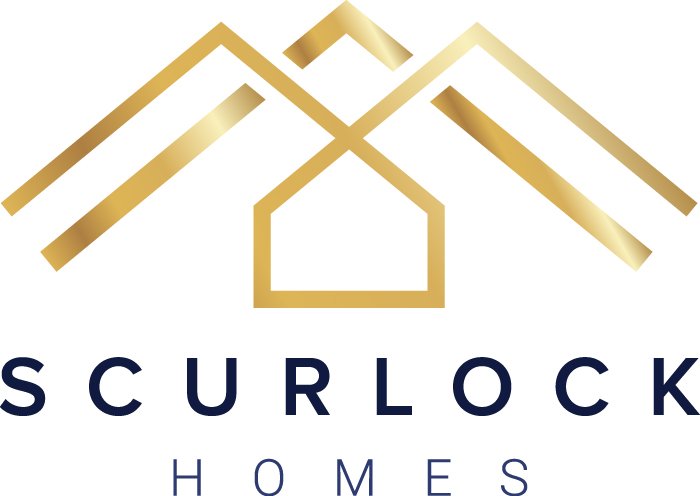The 50-Year Mortgage: Short-Term Relief, Long-Term Tradeoffs
There’s growing attention around a potential nationwide 50-year mortgage option, being discussed by major builders and policymakers as a way to improve affordability. On paper, it sounds appealing: smaller monthly payments, easier qualification, and another path to homeownership. But when you look closer — especially in a market like Denver — the tradeoffs become clear.
The Math Behind the 50-Year Mortgage
Extending a loan term from 30 years to 50 years stretches repayment by two additional decades. That means slower equity growth and dramatically higher total interest paid over time. The monthly savings may look nice — often only around 7% lower than a 30-year payment — but the long-term cost nearly doubles.
After ten years, a homeowner with a 50-year mortgage might have paid down only about 9% of their balance. By comparison, a traditional 30-year borrower could have around 20% paid off in that same timeframe. That difference matters when it’s time to sell or refinance.
Who Might It Work For?
There’s a narrow group of buyers who could make this loan work to their advantage. Someone early in their career with strong income growth potential, planning to stay in the home long term, and investing the payment savings elsewhere might find value in the flexibility. But for most Denver-area buyers — particularly those likely to move within 8–12 years — a 50-year mortgage doesn’t make financial sense. You’d likely sell long before seeing meaningful equity gains, trading long-term wealth for short-term relief.
What It Doesn’t Fix
While the 50-year mortgage may help some buyers qualify, it doesn’t solve the underlying issue: wages haven’t kept pace with home prices, utilities, insurance, and daily living costs. Increasing buyer eligibility without adding new housing supply often fuels more competition, pushing prices even higher and eroding any affordability benefit.
A Smarter Way to Think About Affordability
If affordability is the goal, buyers have better tools than stretching a loan to half a century. Focus on:
Exploring rate buydowns or seller credits to reduce your effective rate.
Expanding your search area slightly for better value.
Prioritizing homes where you can add equity through improvements.
Before signing any loan, ask: How much equity will I realistically build in 5, 10, or 20 years under this structure? The lowest payment today could cost you the most wealth tomorrow.
Bottom Line: For Denver buyers, affordability should be about more than lowering a monthly payment — it’s about building long-term financial stability. While the 50-year mortgage may grab headlines, most buyers are better served focusing on sustainable homeownership strategies like smart budgeting, equity growth, and long-term planning.
If you’d like to explore which mortgage strategy makes sense for your goals, let’s talk. I can connect you with trusted local lenders and help you make your next move your best move.


